Postpartum depression is more prevalent after pregnancy than what is often discussed. Having a baby is a joyful but also scary time where we are faced with new responsibilities and new emotions. Our physical health is put to the test; late night feedings, little to no sleep, breastfeeding and even the physical recovery from childbirth. Often our mental health is overlooked; mood swings, feelings of being overwhelmed and stress are normal as we adjust to life with a baby which is typically called the baby blues and will dissipate within a few weeks.
However, sometimes those feelings don’t go away; postpartum depression is a form a depression that occurs in the first few months after childbirth and can affect women in varying degrees. It’s estimated that roughly 15% of women will experience symptoms of postpartum depression, and symptoms may include feels of sadness, feeling overwhelmed, having difficulty bonding with your baby, irritability, fears about harming your baby, and feelings of hopelessness. Postpartum depression can be very scary but don’t let shame and guilt stop you from getting help. It’s important to take care of yourself through this challenging time, and here are a few suggestions:
Ask for Help
You don’t have to suffer alone. Increase your support system by asking friends and family for help, whether that’s help with tasks around the house (meal prep, grocery shopping, etc.) or watching the baby while you take a quick snooze or have a shower. Perhaps you can ask a friend to call you daily to check-in or schedule an outing together. Again we also suffer in silence which can exacerbate our symptoms, so ask for help or look to our support network for help. Make sure you talk to your partner about how your feeling, and come up with a plan on how you can best support one another.
Increase Self-care
Our mental and physical health are connected, so it’s important that we take care of both after child birth. Avoid drugs and alcohol, and make sure you’re eating a well-balanced meal (ask your partner or family/friends for help). Exercise is very helpful with improving our moods, so consider incorporating a daily walk into your routine. Caring for a baby is stressful enough so make sure you’re still prioritizing self-care (even if it’s just 15 minutes a day).
Seek Professional Support
Counselling such as Cognitive Behavioural Therapy (CBT) can help women better manage their thinking patterns that can perpetuate postpartum symptoms. Counselling provides you a safe and confidential space to talk about your challenges and come up with realistic solutions to better cope. Medication is another option to manage symptoms and if interested, please talk to your doctor.
It can’t be emphasized enough the importance of asking for help. Don’t let shame or guilt stand in your way of getting help; the risks are greater than not asking. If you find yourself struggling with thoughts of harming your baby or harm to self, please call COAST at 1-877-825-9011 or 911, or go to your nearest emergency room.
If interested in counselling and/or Cognitive Behavioural Therapy (CBT) book an appointment with our resident therapist. Psychotherapy and Counselling services are available at Bronte Wellness Boutique.


